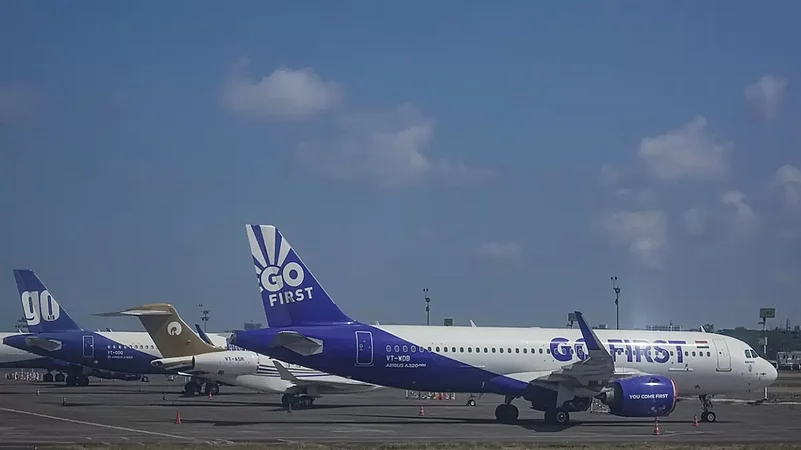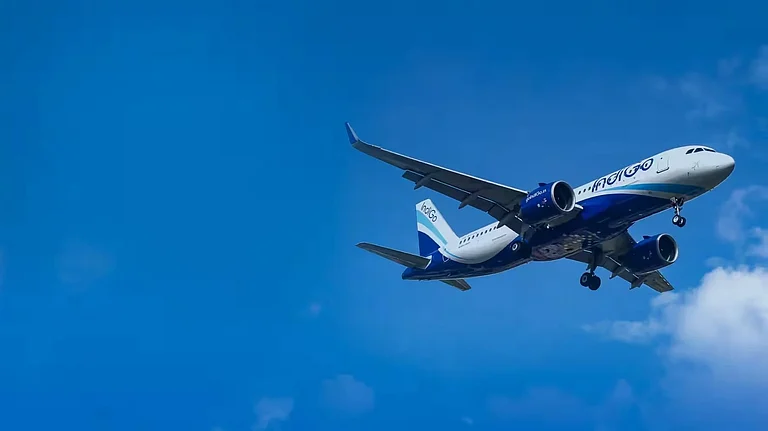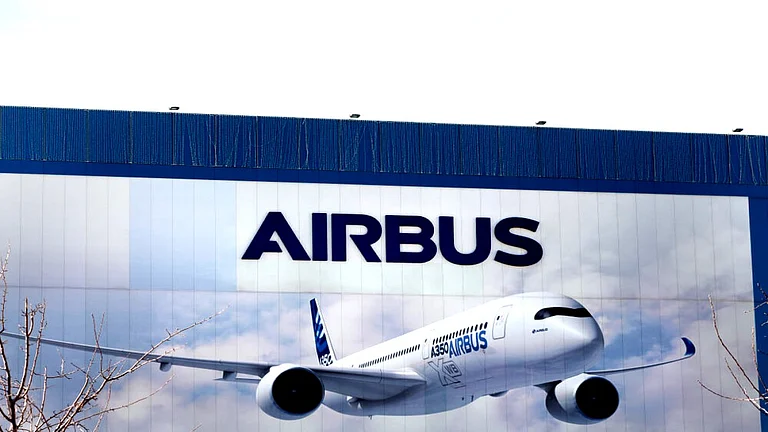The Indian government has taken a step towards ratifying the 2001 Cape Town Convention, a global treaty it signed over a decade ago.
The Union Cabinet approved the Protection and Enforcement of Interests in Aircraft Objects Bill on January 16, which allows aircraft leasing companies to reclaim their planes from Indian airlines in case of default on rental payments, as per reports. The bill will now be tabled in the next parliamentary session for consideration.
The bill, which aims to adopt the convention's protocols, was first floated in 2018 and again in 2021 by the Ministry of Civil Aviation. However, it wasn't able to be tabled in Parliament until now.
According to the Economic Times report, ruling by the National Company Law Tribunal (NCLT) in the case of bankrupt low-cost airline Go First pushed the government to move forward with the legislation.
What is the Cape Town Convention?
The Cape Town Convention in designed to standardise transactions involving aviation assets like airframes, aircraft engines, and helicopters. It provides a legal framework to protect creditors' rights in case of defaults or insolvency, allowing them to repossess or sell the assets. By reducing financial risks for lenders and lessors, the convention aims to make asset-based financing more accessible and cost-effective in aviation.
India acceded to the convention in 2008 but didn't back it with a law ratified by Parliament. This means that in case of an airline bankruptcy, India's bankruptcy law would supersede the convention. According to a 2023 PwC report, around 80% of India's commercial fleet is leased, making ratification of the treaty crucial.
How Go First Crisis Exacerbated the Crisis?
The admission of Go First's insolvency resolution plea by the National Company Law Tribunal (NCLT) in 2023 made lessors concerned about their business in India. The low-budget airline defaulted, owing Rs 2,600 crore to aircraft lessors like SMBC Aviation, CDB Aviation's GY Aviation Leasing, Jackson Square Aviation, and BOC Aviation.
Earlier this month, the global aviation leasing body Aviation Working Group (AWG) downgraded India, citing the Go First case, where lessors were unable to retake their planes for over four months after the airline filed for insolvency. This move has sparked fear that aircraft lessors will charge a risk premium from Indian airlines, potentially inflating their operational costs.
Under the new bill, as per the ET report, the moratorium period for airlines in bankruptcy is 40 days, down from the global standard of 60 days. Once the moratorium ends, lessors seeking to recover their aircraft will first have to settle outstanding dues, such as unpaid airport charges and fuel bills, for up to 60 days.
































